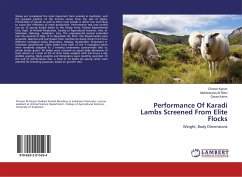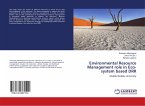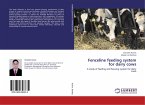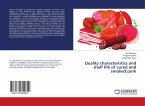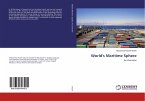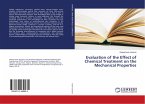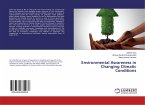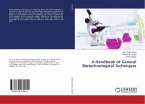Sheep are considered the most important farm animals in Kurdistan, and the greatest portion of the income comes from the sale of lambs. Productivity of Karadi as well as other Iraqi breeds is rather low and likely to cause low efficiency of meat production. Performance test was carried out on 32 young Karadi lambs at the Sheep Farm, Animal Experimental Unit, Dept. of Animal Production, Faculty of Agricultural Sciences, Univ. of Sulaimani, Bakrago, Sulaimani, Iraq. The experimental period extended over the periods of May 13 to November 20, 2012. The Karadi lambs were screened, selected and purchased from commercial sheep flocks from four different ecological zones (Sharazoor, Halabja, Sharbazher, Penjween) in Sulaimani governorate. Eight lambs from each of the 4 ecological zones were randomly assigned to 2 feeding treatments (concentrate diet vs. whole barley grain). All lambs were received an equal daily allowance of feed rations at a level of 2% of their body weights with 4-6 hours a day stubble grazing. Body weights and dimensions were monthly recorded. At the end of performance test, a total of 24 lambs (as young rams) were selected for breeding purposes, based on growth rate.
Hinweis: Dieser Artikel kann nur an eine deutsche Lieferadresse ausgeliefert werden.
Hinweis: Dieser Artikel kann nur an eine deutsche Lieferadresse ausgeliefert werden.

